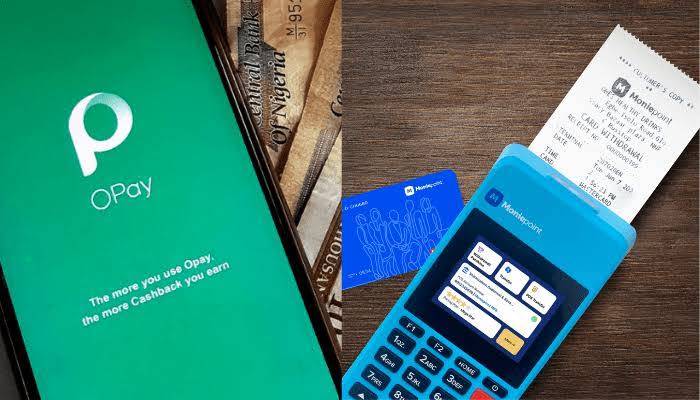Opay, Palmpay, Moniepoint Users Hit With N50 Government E-Levy
The Federal Government has introduced a new N50 electronic levy (e-levy) tax targeting users of popular financial technology platforms such as Opay, Palmpay, and Moniepoint. This development is part of broader efforts to expand the country's tax base and enhance revenue generation in a growing digital economy. While the policy has sparked significant public interest and mixed reactions, it signals the government’s intent to adapt its taxation framework to technological advancements and the rapid adoption of digital financial services.
The e-levy tax, set at N50 per transaction, applies to certain digital payments made through these platforms. This measure aims to capture a fraction of the revenue generated by the burgeoning fintech sector, which has seen exponential growth in recent years. With millions of Nigerians now relying on these platforms for seamless transactions, bill payments, and savings, the government sees an opportunity to tap into this ecosystem to support its fiscal policies.
Proponents of the levy argue that it is a necessary step toward fiscal sustainability, citing the need to fund public services and infrastructure development in a challenging economic environment. They believe that the e-levy aligns with global trends where governments are leveraging digital finance for taxation purposes. Moreover, given the extensive use of fintech services by individuals and businesses, proponents see the levy as a fair contribution from a sector that benefits from infrastructural investments facilitated by public funds.
On the other hand, critics have expressed concerns over the potential burden this tax could impose on individuals and small businesses that rely heavily on digital payment platforms. With the high rate of unemployment and poverty in Nigeria, detractors argue that additional taxes could discourage the use of these services, drive financial exclusion, and push some users back into cash-based transactions. Furthermore, there are concerns about the cumulative effect of multiple taxes on the fintech ecosystem, which may stifle innovation and investment in the sector.
The implementation of the N50 e-levy tax also raises questions about transparency and accountability in public spending. Many citizens have called for assurances that the revenue generated will be used judiciously to address pressing societal needs such as education, healthcare, and infrastructure. Without such assurances, public resistance to the levy may persist, undermining its potential benefits.
As the government rolls out the tax, effective communication and stakeholder engagement will be critical to its success. Public awareness campaigns explaining the rationale for the levy and its anticipated impact could help build trust and foster compliance. Additionally, collaboration with fintech companies to ensure seamless implementation and minimize disruptions to users will be essential.
The introduction of the N50 e-levy tax marks a significant shift in Nigeria’s approach to taxation in the digital age. While it has the potential to boost government revenue and formalize the fintech sector, its long-term success will depend on how well it is implemented and whether the benefits outweigh the perceived costs to citizens and businesses. As this policy unfolds, it remains to be seen how it will shape the relationship between the government, fintech companies, and the millions of Nigerians who depend on these services daily.


